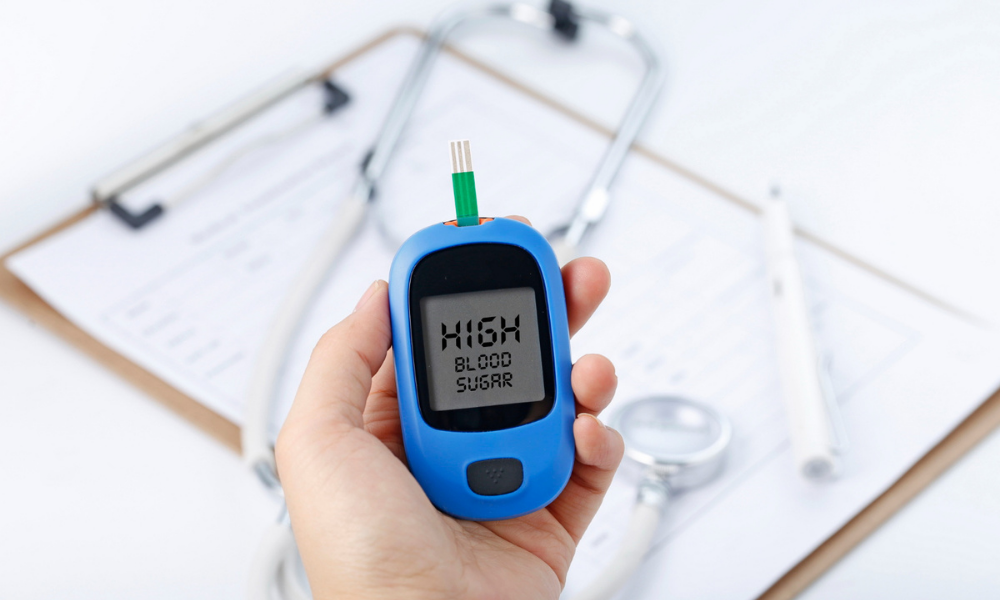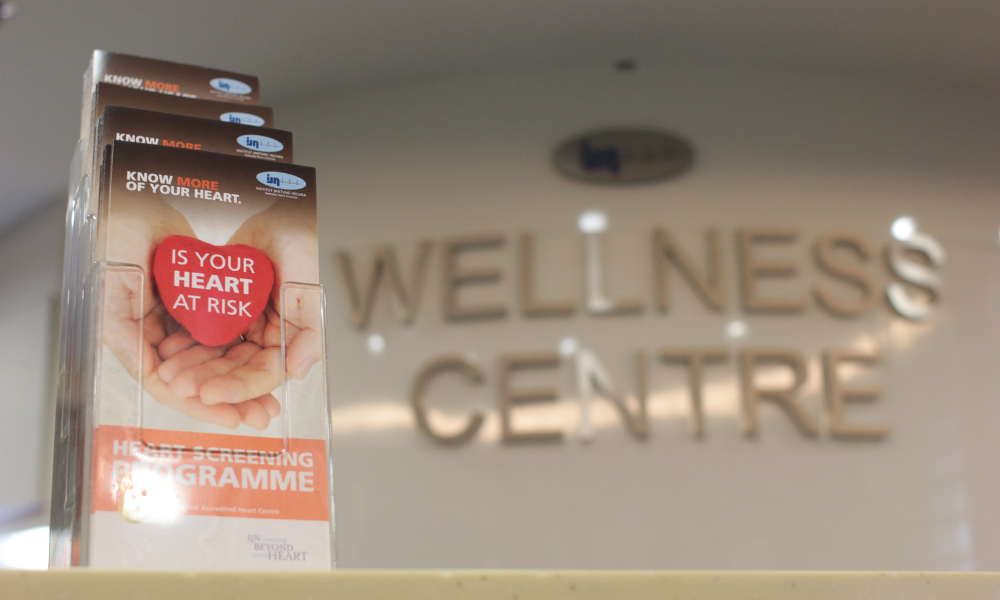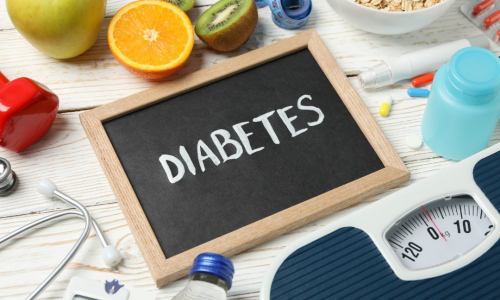How diabetes affects the heart
Heart disease is common and it is a serious condition. It caused death for both men and women in Malaysia. If you have diabetes, the likelihood for you to have heart disease and stroke is higher compared to those who don’t have diabetes.
Heart disease is also known as cardiovascular disease defined as all types of heart disease, strokes, and blood vessel disease. And out of all these diseases, coronary artery disease is the most common type of heart disease which affects the blood flow to the heart. Coronary artery disease happens when there is a build-up of plaque in the wall of coronary arteries. This coronary artery serves as a vessel that supplies the heart muscle with oxygen and blood.
Atherosclerosis is a process where the blood vessel is narrowed by the accumulation of cholesterol deposits which is called atherosclerotic plaque. When atherosclerosis happens, the blood vessel will be narrowed and hardened which further reduced the blood flow to the brain, heart, and arteries in other parts of the body and if the narrowing is severe or total blockage happened, the patient will develop stroke, heart attack or peripheral arterial disease.

When diabetes happens, over time, high glucose in the blood vessel will cause damage to blood vessels and nerves that control the heart. Most patients who have diabetes are more likely to have other medical conditions which will further increase the risk for developing heart diseases such as high blood pressure, high LDL (bad) cholesterol, and triglycerides level in the blood. And let me inform you that all these risk factors don’t have symptoms, hence regular medical check-up is important for early detection.
Other risk factors that can further increase the risk for developing heart disease are smoking, being overweight, physical inactivity, a diet that consists of high saturated fats, trans fat, cholesterol, sodium and lastly drinking too much alcohol.
Diabetes is an independent risk factor for the development of heart failure. Heart failure happens when your heart is too weak to pump oxygen and nutrients from the blood to other organs in the body. The results of heart failure are not only that the heart can’t perform its normal activity, but other organs in the body also can’t function due to a lack of oxygen and nutrients for it to function at optimum capacity. Patients with heart failure usually complain of shortness of breath on exertion.
How to know whether you are at risk for developing heart disease if you have diabetes? A regular medical check-up is enough to know your risk for developing heart disease. The general medical check-up includes blood pressure reading, cholesterol, and weight. From this test, the doctor can understand the overall risk of developing heart disease. The more specific test for heart screening also will be done such as electrocardiogram, echocardiogram, and exercise stress test. All these three tests are good in knowing whether you have heart disease.

How can you lower your risk of developing heart disease? You need to adopt a healthy lifestyle such as
Eat a healthy diet that consists of more fresh fruits and vegetables, lean protein, and whole grains. You should avoid eating processed foods and trans-fat foods. Drink more water and reduce intake of sugary drinks and alcohol.
Always weigh yourself and aim for a healthy weight. By reducing weight for those who are obese, it will lower your triglycerides and blood sugar level. Modest weight loss of 5% to 7% of body weight is enough to give a positive impact on your body health.
Adopt an active lifestyle. When you are physically active, your body will be more sensitive to insulin, which helps to lower blood sugar levels. Insulin is a hormone secreted by the pancreas and it serves as a regulator in blood sugar levels. A patient who has diabetes has resistance to insulin activity and prevents sugar in the blood from entering the cell in your body.
Blood pressure control is important. Aiming for blood pressure below 140/90 mmHg can reduce your risk of developing heart disease.
If you have already been diagnosed with high cholesterol levels, you need to stick to a healthy lifestyle and be compliant with your medications. Diabetes with high cholesterol levels can further accelerate you to develop heart disease.
Stop smoking. Toxins in cigarettes can cause arteries to be stiff and easy to get injured. When the blood vessel is injured, cholesterol will deposit at the injured blood vessel which with repetitive injury and cholesterol deposits, the blood vessel lumen will be narrowed, which the patient will have high blood pressure, and risk for developing stroke and heart attack will be high.
Stress can cause raised blood pressure, unhealthy behaviors such as drinking too much alcohol, smoking, and overeating. So, you need to manage your stress well. There are many ways in managing stress such as visiting a mental health counselor, meditation and deep breathing exercises, physical activity, or getting support from friends and family.

When to do a medical check-up? If you have diabetes and are under follow-up, usually the treating doctor will do the necessary risk assessment for every check-up. You need to do a full cardiac check-up at least once a year for those who have diabetes. Early detection of heart disease is important as early non-invasive intervention (lifestyle advice and medications) can be given to retard the progression of heart disease.
For more information about IJN services, you may visit www.ijn.com.my or call 03-2617 8200.
RM12.50 / month
- Unlimited access to award-winning journalism
- Comment and share your opinions on all our articles
- Gift interesting stories to your friends
- Tax deductable
